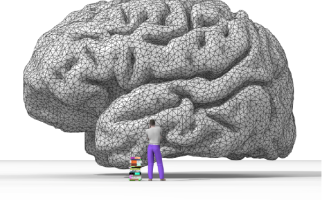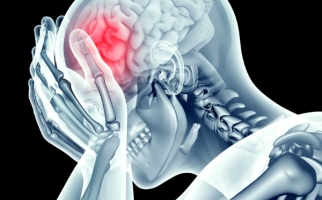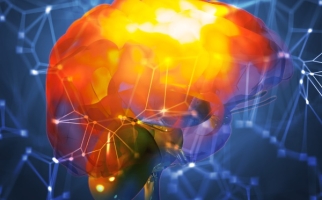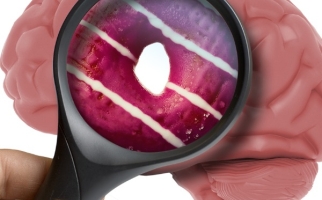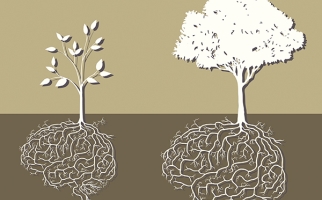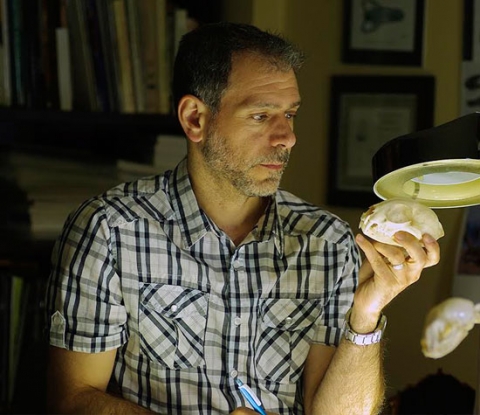
Resources on Brains
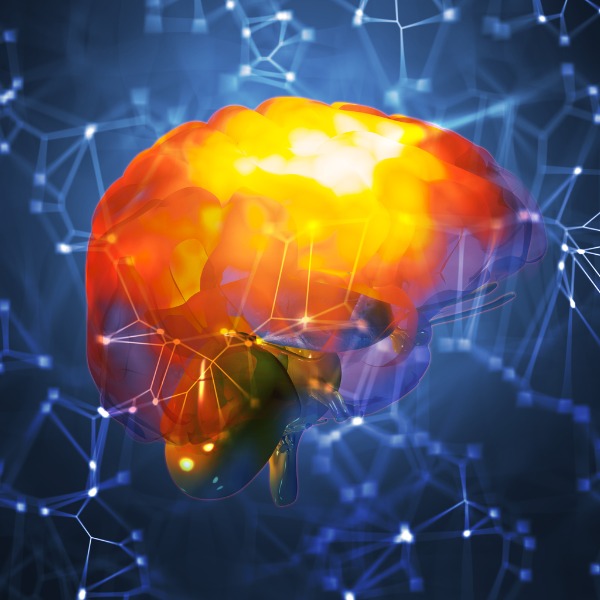
3D illustration of human brain (illustrart, iStockphoto)

3D illustration of human brain (illustrart, iStockphoto)
How does this align with my curriculum?
Curriculum Alignment
BC
12
Anatomy & Physiology 12 (June 2018)
Big Idea: Organ systems have complex interrelationships to maintain homeostasis
YT
12
Anatomy & Physiology 12 (British Columbia, June 2018)
Big Idea: Organ systems have complex interrelationships to maintain homeostasis
BC
5
Science Grade 5 (June 2016)
Big Idea: Multicellular organisms have organ systems that enable them to survive and interact within their environment.
BC
6
Science Grade 6 (June 2016)
Big Idea: Multicellular organisms rely on internal systems to survive, reproduce, and interact with their environment.
YT
5
Science Grade 5 (British Columbia, June 2016)
Big Idea: Multicellular organisms have organ systems that enable them to survive and interact within their environment.
YT
6
Science Grade 6 (British Columbia, June 2016)
Big Idea: Multicellular organisms rely on internal systems to survive, reproduce, and interact with their environment.
